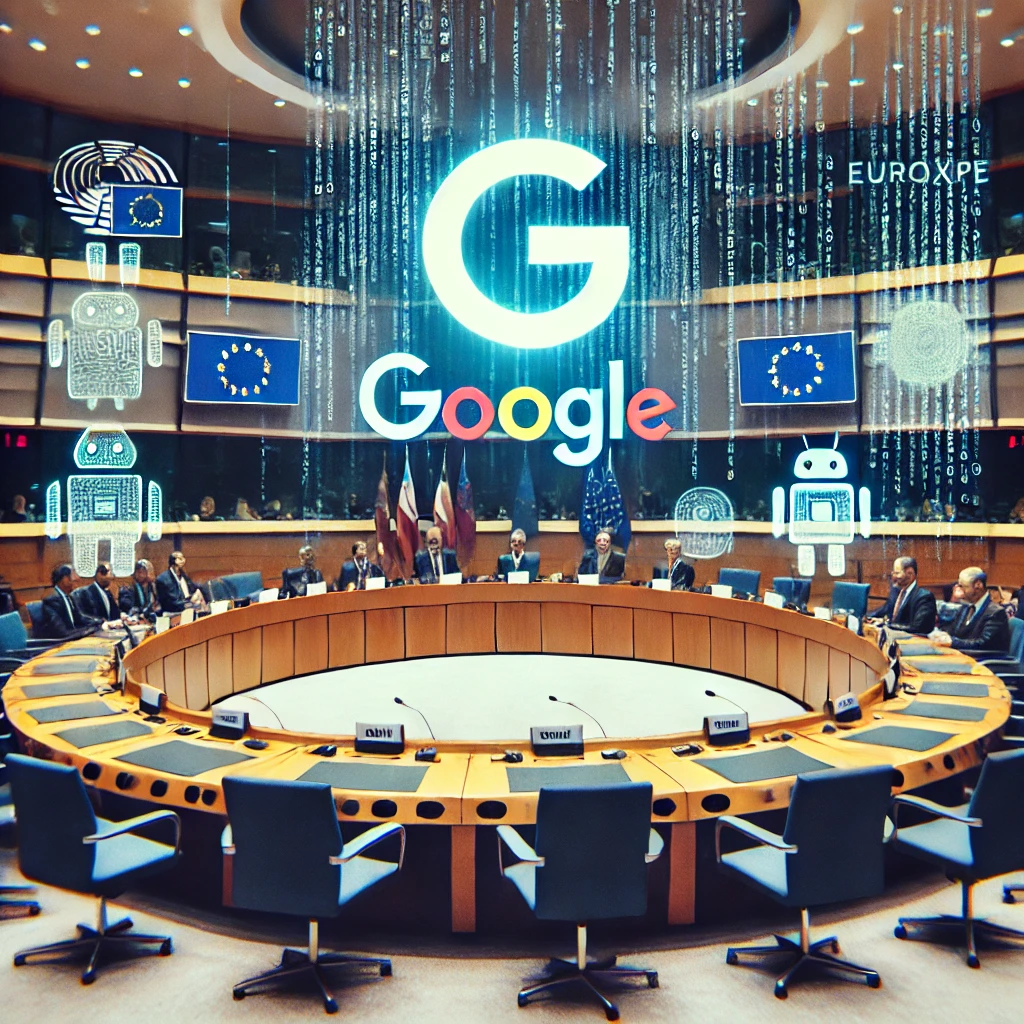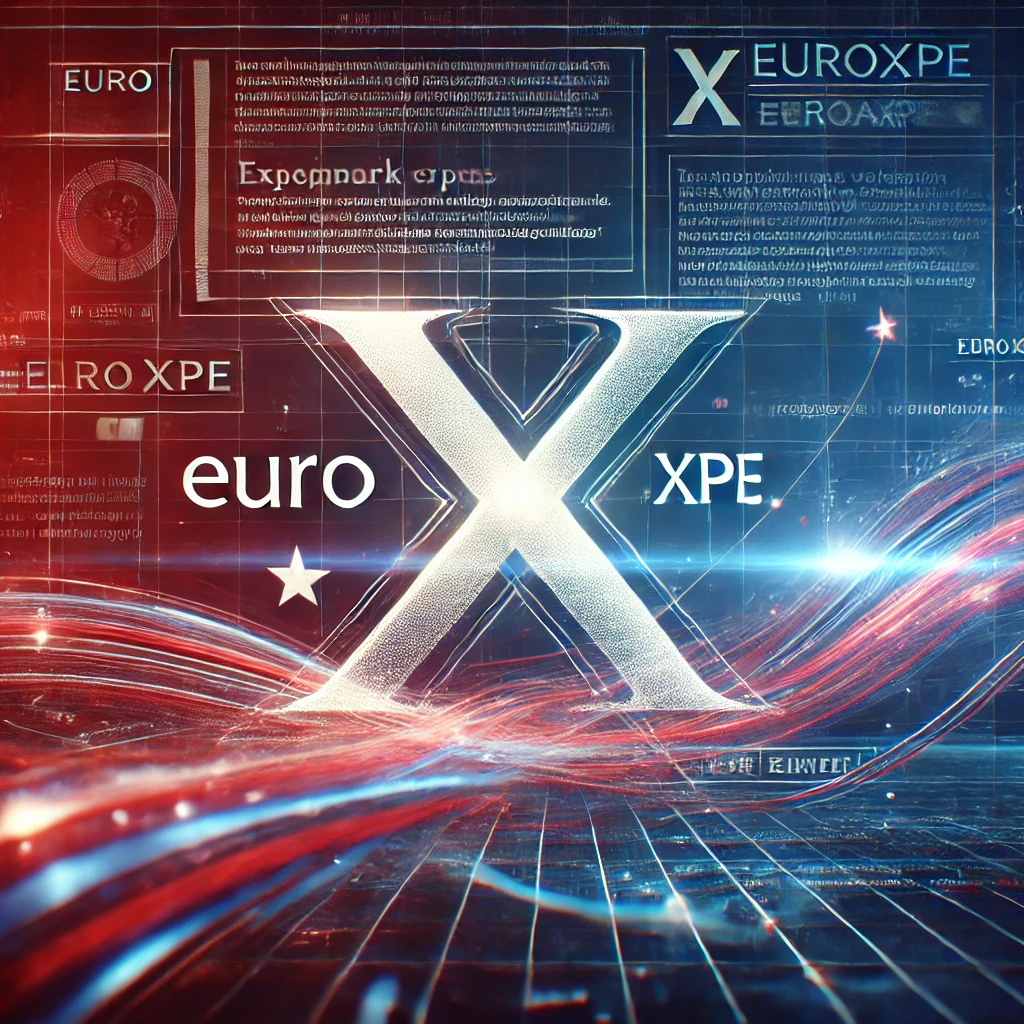The European Union (EU) is increasing its scrutiny of artificial intelligence (AI) technologies, with Google’s Pathways Language Model 2 (PaLM2) being the latest system to come under the spotlight. This follows rising concerns regarding the handling of personal data by large language models, which are essential components of many AI-driven services. The investigation is spearheaded by Ireland’s Data Protection Commission (DPC), the primary EU body responsible for enforcing the General Data Protection Regulation (GDPR) in cases involving Google, given the company’s European headquarters in Dublin.
PaLM2 Under Scrutiny for Data Compliance
PaLM2 is a critical component in Google’s generative AI ecosystem, serving as the backbone for various applications, including email summarisation tools and other automated services. While these innovations have garnered attention for their advanced capabilities, questions have arisen over their compliance with the GDPR. As such, the Irish Data Protection Commission has launched an inquiry to determine whether the processing of personal data by PaLM2 poses any “high risk to the rights and freedoms of individuals” in the EU.
In response to the investigation, Google stated that it takes its obligations under the GDPR seriously. The company has expressed a willingness to cooperate fully with the Irish authorities in addressing any concerns surrounding its AI models. This marks another chapter in the ongoing struggle between technological advancement and regulatory oversight, as AI continues to outpace existing legal frameworks.
GDPR and AI: A Growing Conflict
The GDPR, which was enacted to protect the personal data of EU citizens, has become a focal point in discussions around AI technologies. Many AI systems, particularly large language models like PaLM2, rely on vast amounts of data, much of which is personal in nature. Regulators are increasingly concerned about how this data is gathered, processed, and utilised, especially given the potential for these models to infringe upon individual privacy rights.
Google is not the only company facing regulatory hurdles. Earlier this year, Meta Platforms paused its plans to use data from European users to train a new version of its AI system, following intense scrutiny from the Irish DPC. Meta’s decision highlights the growing pressure on tech giants to ensure their AI models comply with the EU’s stringent data protection rules. Similarly, Elon Musk’s social media platform X was forced to halt data processing for its AI chatbot Grok after legal action from the Irish watchdog.
Italy’s Stand Against AI Data Breaches
The EU’s proactive stance on AI and data privacy is not limited to Ireland. In a notable case last year, Italy’s data privacy regulator temporarily banned ChatGPT, an AI chatbot developed by OpenAI, after identifying significant data privacy violations. The Italian authorities required OpenAI to meet specific demands to ensure that the personal data of its users was adequately protected. This move set a precedent for other European regulators and highlighted the increasing vigilance around the use of personal data in AI systems.
Balancing Innovation and Privacy
As AI technology continues to evolve, the tension between innovation and privacy will only intensify. On the one hand, AI models like PaLM2 promise to revolutionise industries by automating complex tasks and improving efficiency. However, on the other hand, these technologies present significant risks to individual privacy, particularly if personal data is not handled in accordance with legal standards like the GDPR.
The current investigation into Google’s AI model is part of a broader effort by European regulators to ensure that advancements in AI technologies do not come at the expense of fundamental rights. For the tech giants, this presents an ongoing challenge of ensuring that their systems not only comply with existing laws but are also prepared for the stricter regulations that may emerge in the future.
Future Implications for AI Regulation
The outcome of this inquiry could have far-reaching implications for both Google and the wider tech industry. Should the Irish DPC find that PaLM2 or similar AI systems pose a high risk to personal privacy, it could lead to stricter regulations or even limitations on the use of such technologies within the EU. The evolving landscape of AI and data privacy is one that will require constant vigilance, and companies will need to adapt swiftly to ensure compliance with the ever-tightening regulatory environment in Europe.
In conclusion, while AI holds tremendous potential, it is clear that regulators across Europe, including Ireland and Italy, are determined to ensure that these technologies respect the rights of individuals. As the EU continues to lead the way in data privacy regulations, it will be essential for tech companies to align their operations with the GDPR to avoid severe penalties and ensure the responsible development of AI technologies.






